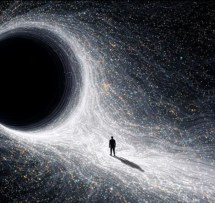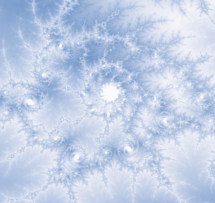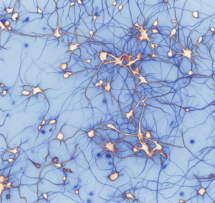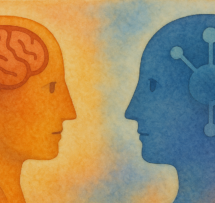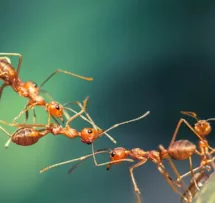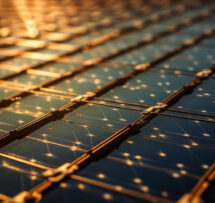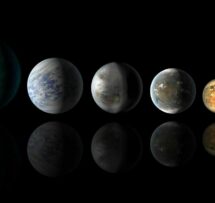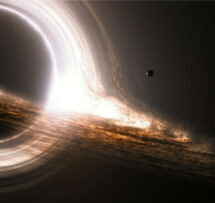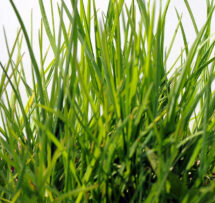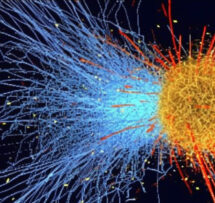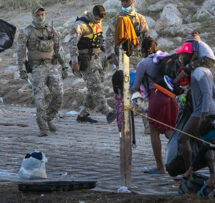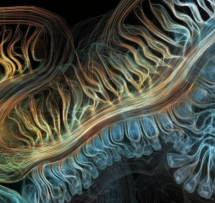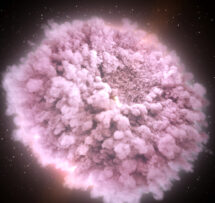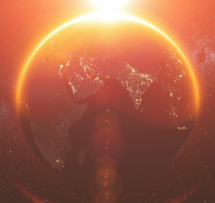Melting Ice: an uncertain future
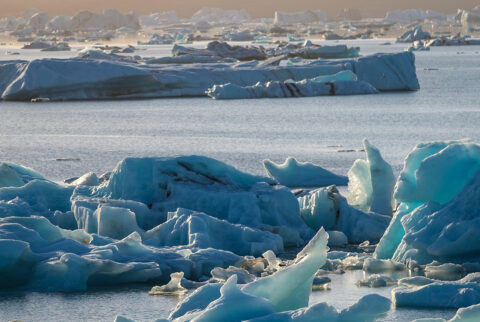
Science & Cocktails is back with another home edition! We'll provide the science & music, live streamed into your lazy chair. All you have to do is mix your own cocktails and tune into our Youtube channel. Fortunately, cocktail recipe and mixing tutorial will be provided.
How is climate affecting ice sheets and glaciers and how do they affect the climate? What makes these ice sheets unstable? Can and will they reach tipping points and over what time scales is this possible? Can sea level rise by several meters by the end of the Century?
All people on Earth depend directly or indirectly on ice. Around 10% of Earth’s land area is covered by glaciers or ice sheets and around 12% of the oceans is covered by floating ice. More and more evidence emerges every year showing that glaciers around the world are shrinking, and the Greenland and Antarctic ice sheets are getting smaller.
But the holy grail questions concern their future: How much smaller will they get? How fast will they shrink? Moreover, if predicting how the climate will evolve is fiendishly difficult, how can we predict what ice sheets and glaciers will do?
To answer these questions, we develop computer simulations of ice sheet and glacier behaviour and compare these models to real observations. But only recently have satellites been launched into space that can precisely weigh ice sheets and glaciers from afar, giving a concrete sense of how much ice is sloughing off.
Today more than 200 million people in the world live in low lying coastal areas that also host many of the world's megacities and significant infrastructures. Rising sea levels due to melting ice poses a serious threat to coastal societies through an increased risk of flooding. Future sea level turns critically on the evolution of the large ice sheets in Antarctica and Greenland, together potentially accounting for more than 65 m of global sea-level rise.
After the talk and a short break so you can crack some ice in your cocktail shaker and refill those glasses, we'll switch over to Macgray's house for a journey through his analog synths, classical piano and techno beats. He'll be joined by the majestic melodies of Hélène Van Loo on the flute.
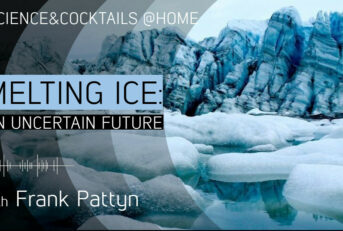
Frank Pattyn
Melting Ice
How is climate affecting ice sheets and glaciers and how do they affect the climate? What makes these ice sheets unstable? Can and will they reach tipping points and over what time scales is this possible? Can sea level rise by several meters by the end of the Century?
Talk by
Frank Pattyn
Professor at the Université libre de Bruxelles. He is best known for developing ice-sheet models and leading model intercomparisons. He took part in several expeditions to Antarctica and to glaciers of the Arctic in order to study the interaction of glaciers and ice sheets with subglacial water and the ocean. Pattyn has received the 2018 Louis Agassiz Medal, an award from the European Geosciences Union that recognises his outstanding scientific contribution to the study of the cryosphere.
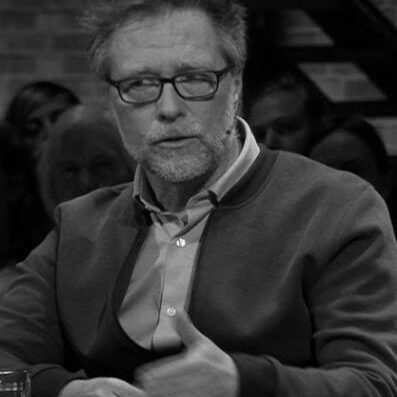

MacGray & Hélène Van Loo
Influenced by neoclassical, ambient and techno music, Macgray's music is full of analogue synths and piano, big kicks and sub-basses, music for film and electronica. The songs tell a story. The melodies slowly rise. The rhythms explode. For this special session, MacGray is joined by the majestic melodies of the eclectic flutist, Hélène Van Loo. Hélène has composed music for films and currently performs with her Sarrazine project
